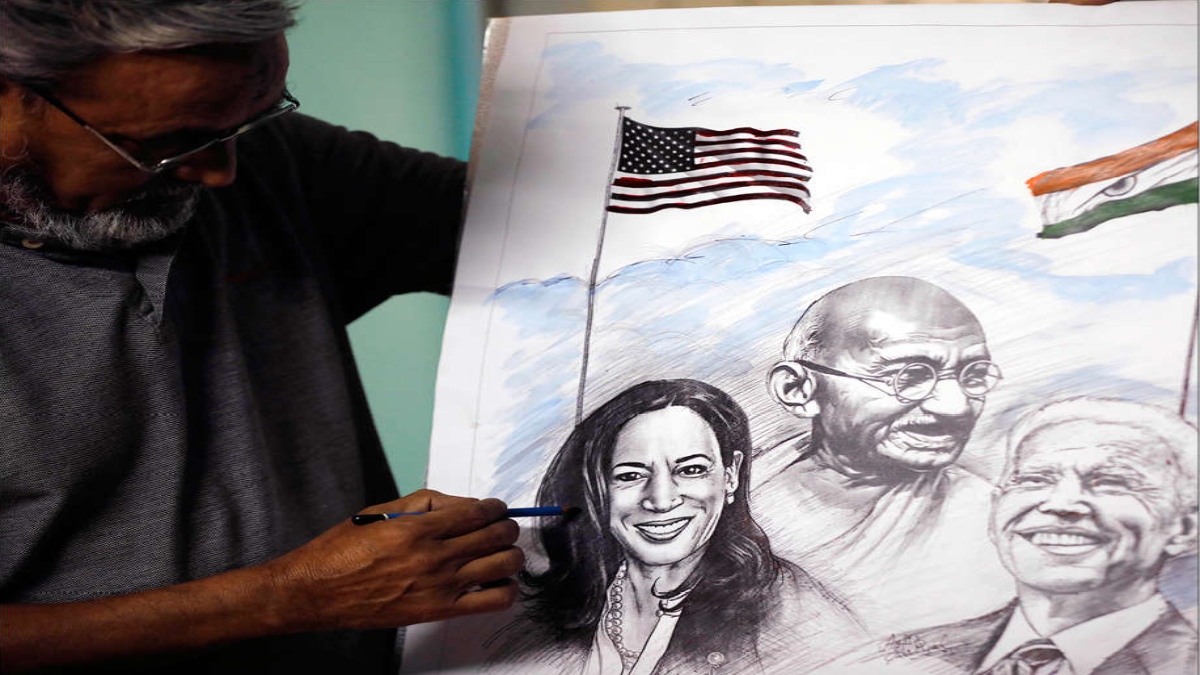


Joe Biden, the 46th POTUS, has the rare distinction of scoring either a century or a hat-trick, in cricket parlance. Biden has seen India-US relations from a close perspective two times under Barack Obama and now this third term provides him a chance to add his own touch to India-US relations. He also has the rare distinction of working with Prime Minister Narendra Modi for two years during the second term of the Obama administration. During the Obama administration, India embarked on an ambitious foreign policy of proactively engaging with the American administration. Obama was the second US President who received the rare opportunity to address the joint session of the Indian Parliament. President Obama announced publicly to support India’s claim to be a permanent member of the UN Security Council. China hasn’t allowed that to happen because of its own insecurities vis-à-vis democratic nations.
Successive US administrations post the Clinton era have continued friendly foreign policies towards India. Most American policies towards India have been geared towards winning more defense deals from India. In that regard, successive US administrations have done fantastic work. India today operates the largest fleet of C-17 globe masters, in addition to Apaches AH64, C130 Hercules, M777 guns, Boeing Poseidon 8i and the upcoming Black Hawk R60 helicopters. The focus of successive US administrations in building a closer defense relationship with India has been a huge success for American defense contractors too.
The civilian relationship between India and the US has also been on an upswing. A large tax-paying Indian American community has contributed significantly to the growth of the American economy. Today, India stands as the ninth largest trading partner of the US. Indian American doctors today serve every seventh American today. Their contribution to space exploration is second to none. Almost 14% of billion-dollar firms were started by Indian Americans in the last ten years alone.
The Indian contribution to the yoga industry of the US stands second to none with India being the home of yoga therapy. By rough estimates, almost 40 million Americans have experienced the advantages of yoga. Americans have experienced the warmth and positive contributions of the culturally vibrant Indian American community. The people-to-people connections between Indians and Americans have significantly multiplied within the last decade. India today exercises considerable soft power over Americans. India has also emerged as a leader in the global fight against the Covid-19 pandemic, being the second largest vaccine producer today after the US. India’s vaccine diplomacy has also helped more than 57 countries globally.
However, there have been some major irritants in the India-US relations which have dampened relations from time to time. The proactive USCIRF, a commission of USAID (under US State Department), has repeatedly engaged in promoting anti-India fake narratives against some internal law changes in India without any fact checks. The lack of Indian American representation in USCIRF has destroyed the credibility of the State Department to a large extent. The propaganda-based American media organisations have also repeatedly voiced the views of anti-India forces to the chagrin of the growing Indian American community. Major private social media corporations such as Twitter and Facebook have been used to create internal disturbances in India, which have the potential to become a major diplomatic irritant between the two countries in the near future. There have been reports of Amazon circumventing Indian laws to challenge small traders in India, which also hasn’t been received well in India. Indian foreign policymakers would expect the American State Department to become more aware of these challenges and proactively address some of them which significantly define public opinion against American interests.
Given the aspirations of young Indians, Indian foreign policy also has kept up with them. State Secretary Antony Blinken has been a fantastic choice made by the Biden administration. It remains to be seen if he would be able to take India-US relations further than where Mike Pompeo left them. Defence Secretary Lloyd Austin will be closely watched by Indian defence planners on the issue of the recent purchase of S-400 purchase by India. POTUS Biden and VPOTUS Kamala Harris’ leadership on these burning challenges will define the future of India-US relations in coming times to come. Given Biden’s prior experience with India, it is noteworthy that he has always taken care of the best interests of both countries.